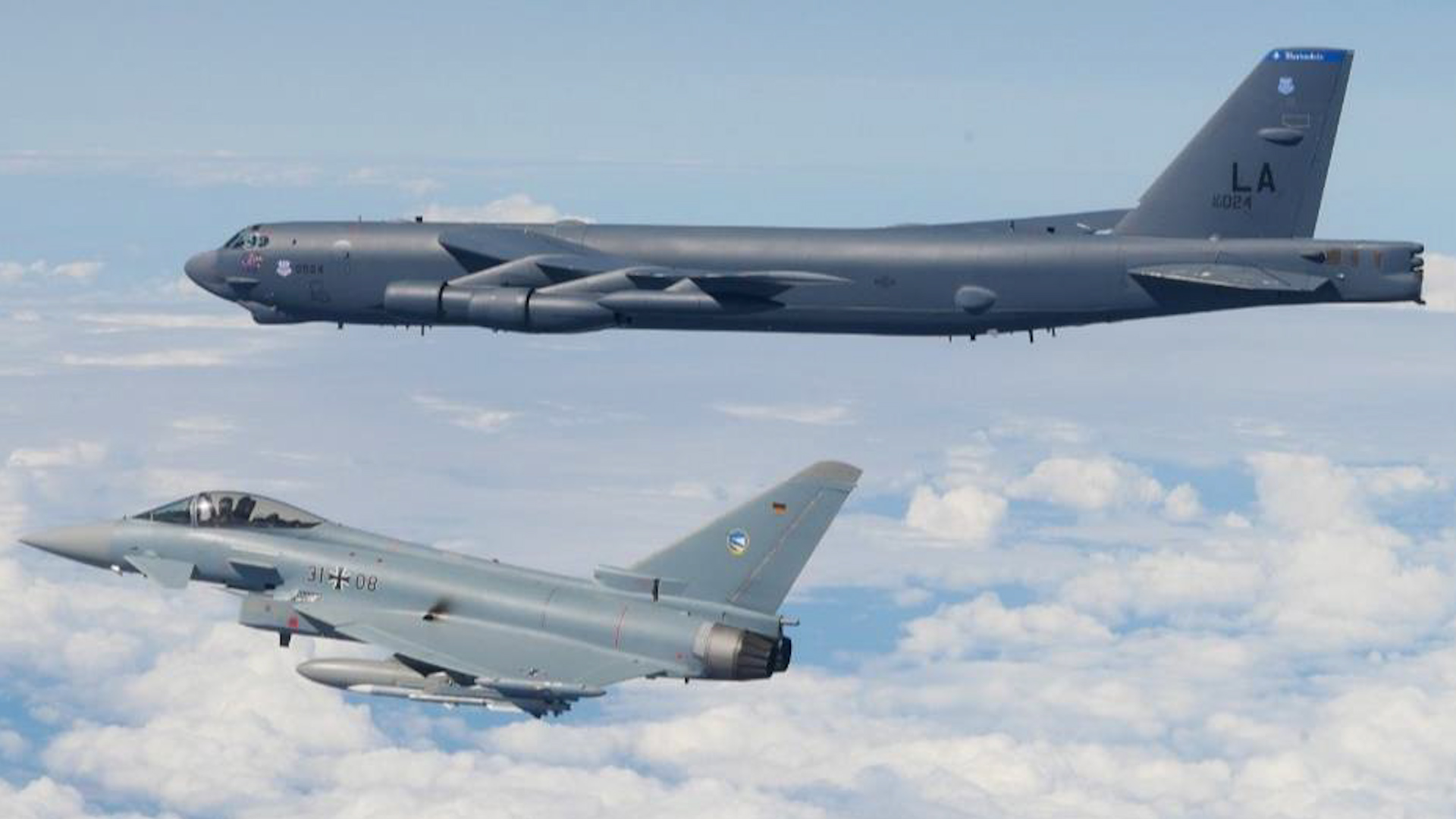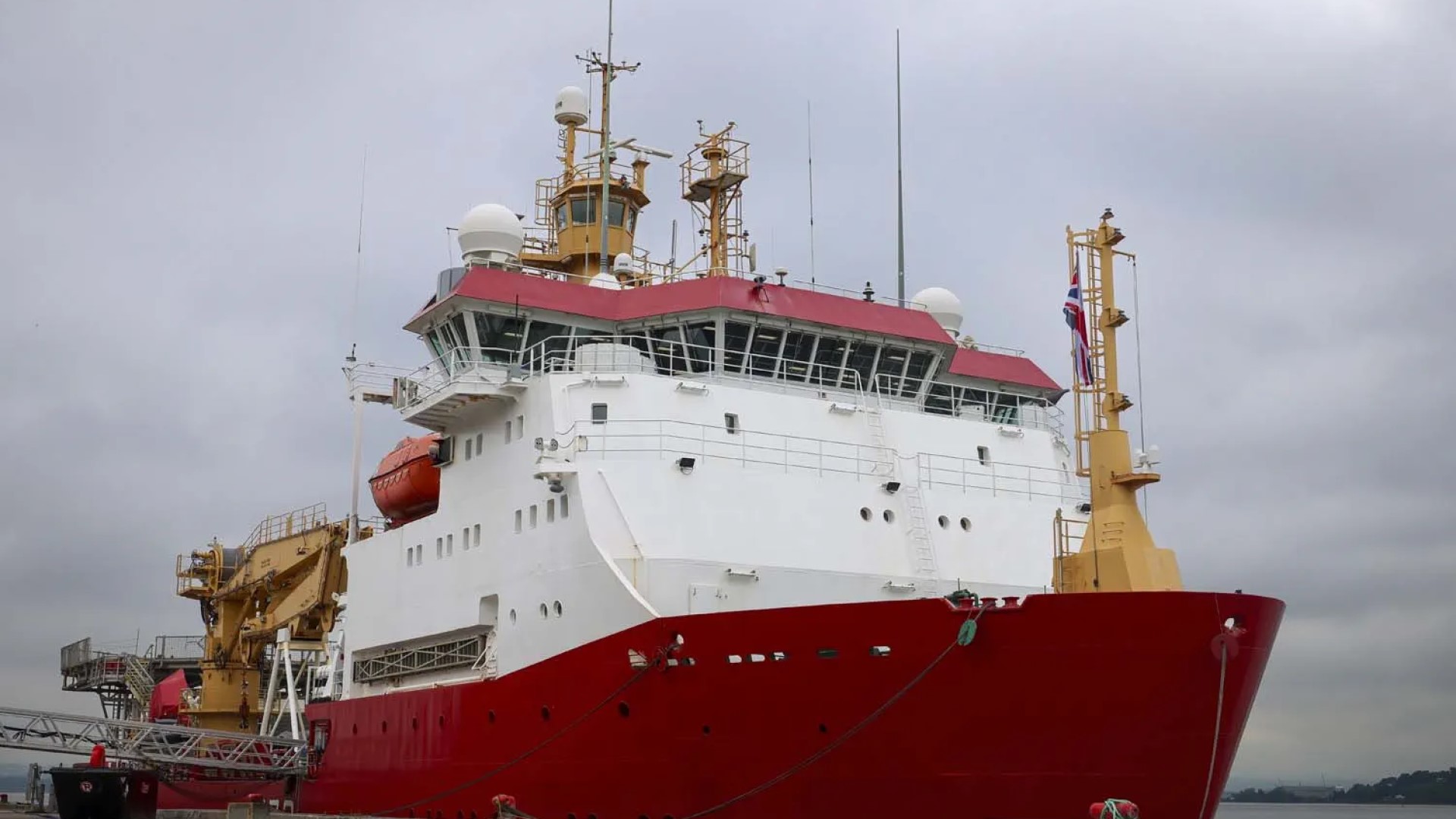
Trump wants Nato members to more than double their spending on defence

US President-elect Donald Trump has sparked debate with comments suggesting that European Nato members should increase their defence spending to 5% of their GDP, up from the current 2% threshold.
The United States currently spends about 3.38% of its GDP on defence, amounting to roughly $877bn.
Speaking at a press conference from his Mar-a-Lago resort in Florida, Mr Trump criticised Nato allies, particularly Germany, for what he described as inadequate defence spending, arguing they can afford to contribute more.
'They can afford it'
"Well, you can't do it at two, I mean, at 2% every country, if you're going to have a country and a regular military, you're at 4% I think they should be, you know, they're in dangerous territory," he said.
"They can all afford it, but they should be at 5%, not 2%."
Out of the 31 Nato members, 23 were expected to meet Nato's guideline of spending 2% of their gross domestic product (GDP) in 2024 – a huge increase from 2014, when only three Nato allies hit the spending target.
The US spent less on defence in 2024 than it did the previous year, which put it in third place behind Poland (4.12%) and Estonia (3.43%).
The United Kingdom, ranked ninth, spent 2.3%, with a commitment to increasing this to 2.5% in the future, although no timeline has been set.
The collective defence spending of European Nato allies in 2024 is expected to have reached 2%, amounting to $380bn.
German politician says 'no'
Mr Trump is not the only top official to have called for an increase – last month, Nato Secretary General Mark Rutte said: "We are going to need a lot more than 2%."
In response to the comments, Germany's front-runner for chancellor and opposition leader, Friedrich Merz, said that while the country aims to spend more on defence, he would not commit to Mr Trump's suggestions.
"We first really have to reach the 2% lower limit in Germany. We are not there yet," he said.
The 2, 3 or 5% [targets] are basically irrelevant, the decisive factor is that we do what is necessary to defend ourselves."
But, as a result of Mr Trump's comments, the European defence sector stocks rose overnight – all leading European arms makers were up by 2-3%.
Panama Canal and Greenland
Speaking at the same press conference, Mr Trump triggered a backlash when he declined to rule out military or economic action to take control of Greenland and the Panama Canal.
French Foreign Minister Jean-Noel Barrot responded: "There is obviously no question that the European Union would let other nations of the world attack its sovereign borders, whoever they are.
"If you're asking me whether I think the United States will invade Greenland, my answer is no. But have we entered into a period of time when it is survival of the fittest? Then my answer is yes."
The Panama Canal has military significance because it massively reduces the time and cost of moving vessels and supplies.
The shortcut between the Atlantic and Pacific Oceans means ships can avoid travelling around South America's Cape Horn, allowing the rapid redeployment of naval forces between the oceans – HMS Protector travelled through the canal last year when returning from an ice-breaking deployment.

The canal enhances defensive capabilities for the surrounding region and its location in Central America makes it pivotal for projecting power across the Western hemisphere.
It was opened by the US in 1914, which maintained direct control until 1999 when a bilateral agreement handed control to Panama, which has owned it since.
Ukraine
Finally, Mr Trump suggested that outgoing president Joe Biden had encouraged the Russian invasion of Ukraine in 2022 because "he decided the country should be able to join Nato".
The President-elect has assured a quick end to Russia's war, raising concerns about the future of US military aid for Kyiv which has been key to its resistance.
He said the conflict "should have never been started… I guarantee you, if I were president [the] war would have never happened".
Mr Trump was speaking just two weeks before he takes office on 20 January.









